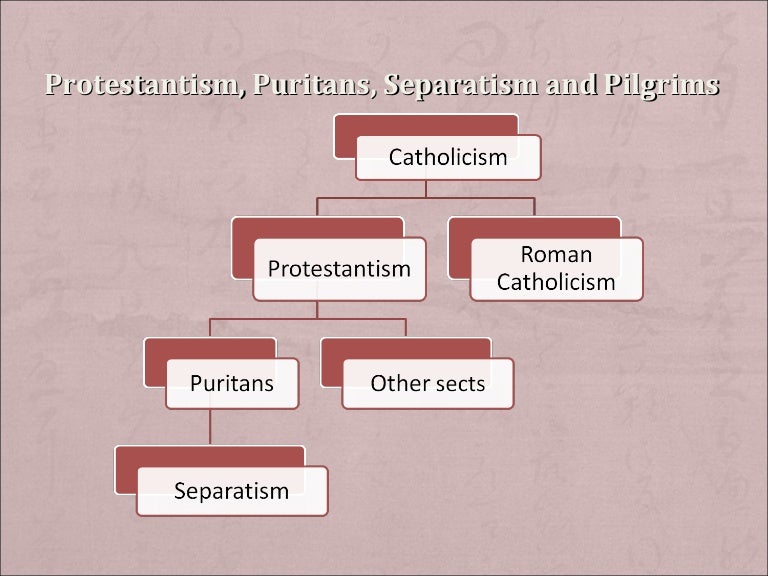
The Pilgrims' views against scripted prayer are laid out in church-member Sabine Staresmore's book The Unlawfulness of Reading in Prayer (Amsterdam, 1619). They also rejected the Catholic and Anglican Book of Common Prayer, believing that prayer should be spontaneous and not scripted. Icons and religious symbols such as crosses, statues, stain-glass windows, fancy architecture, and other worldly manifestations of religion were rejected as a form of idolatry. The Pilgrims opposed mass, and considered marriage a civil affair to be handled by the State (not a religious sacrament). The other sacraments of the Church of England and Roman Catholic church (Confession, Penance, Confirmation, Ordination, Marriage, Confession, Last Rites) were inventions of man, had no scriptural basis, and were therefore superstitions-even to the point of being heretical or idolatrous. To the Pilgrims, there were only two sacraments: baptism and the Lord's Supper. However, God would not have chosen blatant sinners to be his elect and therefore those who were godly were likely to be the ones God had elected to be saved. There was nothing an individual could do during their life that would cause them to be saved (or damned), since God had already decided who was going to be saved before the creation of the world. Only those God elected would receive God's grace, and would have faith. He also predestined, at that time, who would be saved, and who would be damned. The Pilgrims believed that before the foundation of the world, God predestined to make the world, man, and all things. Here were some of the main points and differences: The Pilgrim church had a number of religious differences with the Church of England and the Catholic Church. They studied the writings of earlier Protestants and Separatists, such as Martin Luther and John Calvin, and they even established a printing press to illegally distribute new Separatist and Puritan books in England. They strictly honored the Sabbath by not performing any labor on Sunday. Their church was created around the model of the "ancient church" described in the New Testament, so they had a Church Elder (William Brewster), some deacons, and a deaconess. In Leiden, the Pilgrims' church grew as additional people fled from England. However, the Pilgrims had difficulty adjusting to the more permissive Dutch culture, and had difficulty supporting themselves financially. For this reason, many of the Pilgrims fled to Leiden, Holland, where there was religious freedom. This belief put them at odds with church officials, who in the early years of King James I tried to have them arrested and thrown in jail for refusing to participate in church rituals.

The Pilgrims strongly believed that the Church of England, and the Catholic Church, had strayed beyond Christ's teachings, and established religious rituals, and church hierarchies, that went against the teachings of the Bible.


 0 kommentar(er)
0 kommentar(er)
